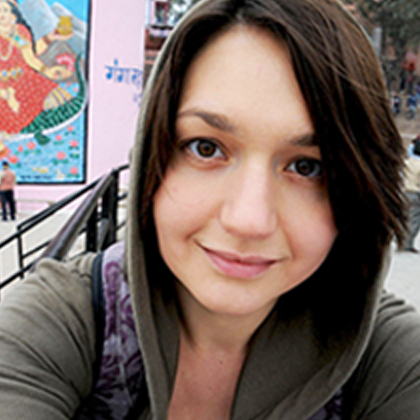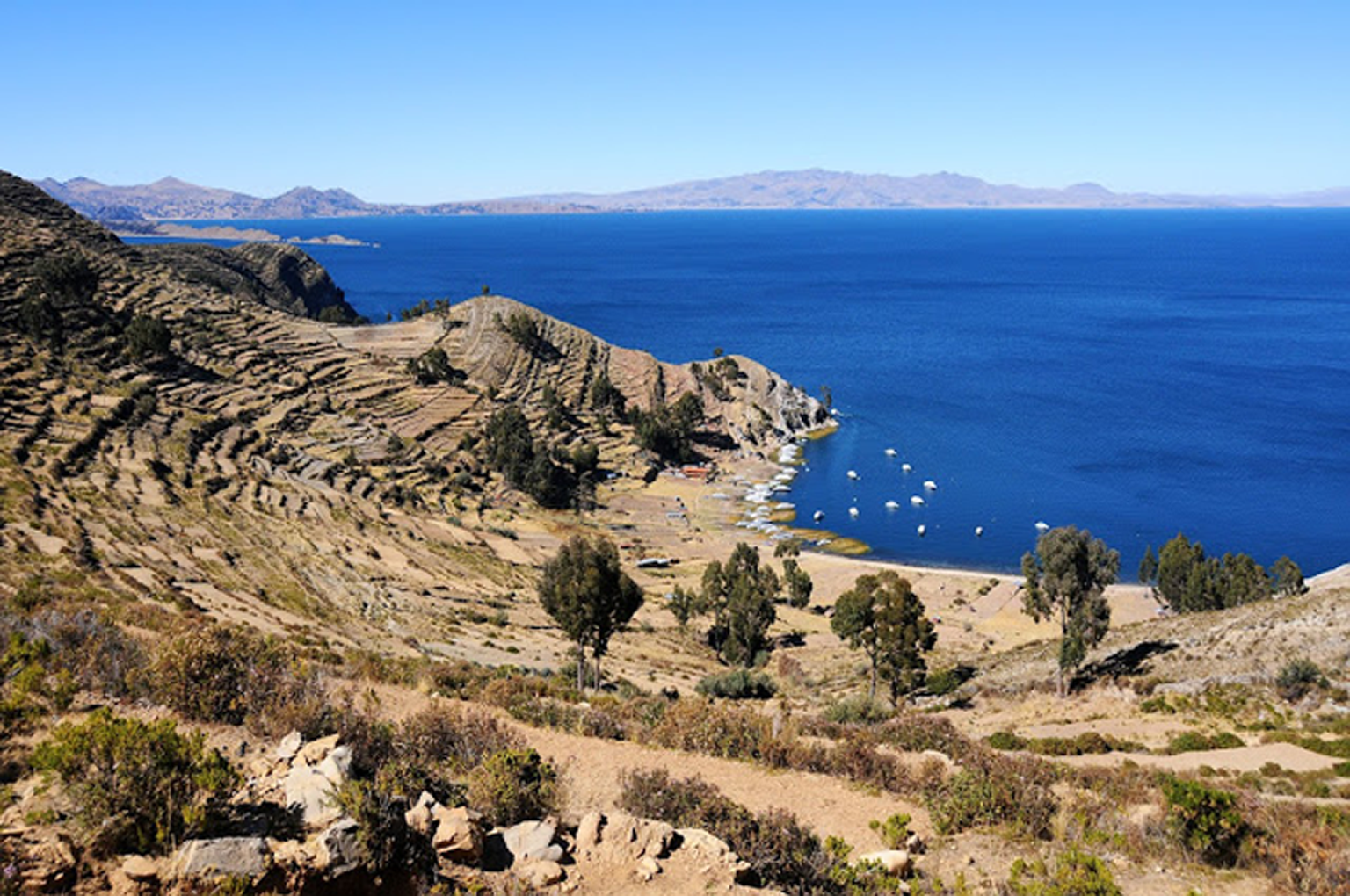- Posted by:
- anjci
- Under:
- Travel: Nordics
Before reporting on my recent trip to the Faroe Islands, I could not help commenting on the infamous “dolphin slaughter” frequently associated with the archipelago. Some of you may have seen mass petitions on the internet, sporting blood-curdling images of hunted sea mammals and urging the Faroese to “end the slaughter of innocent whales and dolphins”. There are many versions of the story; the most extreme one I have seen portrayed the practice as “manhood ordeal”, which young Faroese men undergo to prove their masculinity. Neither accurate nor objective, petitions like this nevertheless reach substantial support due to the graphic images of killed animals.
Sea mammal hunting on the Faroe Islands is a controversial topic, but do please allow me to put a few things straight. Firstly, dolphins as such are not hunted on the Faroe Islands. The animals targeted are pilot whales, which are not listed anywhere as endangered species. They are in fact the most common and most widely distributed sea mammals. The population of pilot whales (both long- and short-finned) exceeds one million. For the reference, not more than 1,000 species are hunted on the Faroes each year.
Secondly, I disagree with environmental activist groups that chase-hunting pods of whales (driving them into the shore, where they can be slain) is less inhumane than, say, slaughtering cattle in mass farms. The whales are (at least) claimed to be slaughtered “humanely”, i.e., with a single cut over the spine. There is unfortunately a lot of blood there – images of crimson-coloured ocean full of dead whales’ carcasses are a legion on the Internet.
Finally, the consumption of whale meat is currently on the decrease, owing to recently discovered excessive content of mercury and other toxic metals in whale meat and blubber. When consumed in small doses over long periods of time, whale meat can lead to neurological problems in children and increased incidence of Parkinson’s disease in adults. Pregnant women are especially vulnerable, and a number of expecting mothers on the Faroes are already known for withdrawing whale meat from their diet. As time goes by, whaling on the Faroes is likely to decrease further.
While on the Faroes, I did not have a chance to watch a traditional whale hunt (“grindadráp”, as it is called in Faroese). Perhaps I would have written all of the above differently if I had.












Visiting the Faroe Islands: Second time around | ANJCI ALL OVER says:
February 12, 2018 at 10:22 pm
[…] in a family setting. Environmentalists are kindly requested to skip the rest of this paragraph: the most controversial of the Faroese delicacies, pilot whale meat (tvøst) and blubber (spik), were both duly supplied. […]
Visiting the Faroe Islands: Europe’s best-kept secret | ANJCI ALL OVER says:
February 11, 2018 at 10:38 pm
[…] In Portugal, right?’ Most such conversations would end in an undisputable ‘Oh, I know. That’s where they kill the dolphins!’ After which the question would invariably arise WHY I would ever visit a place as […]
Comments are closed.